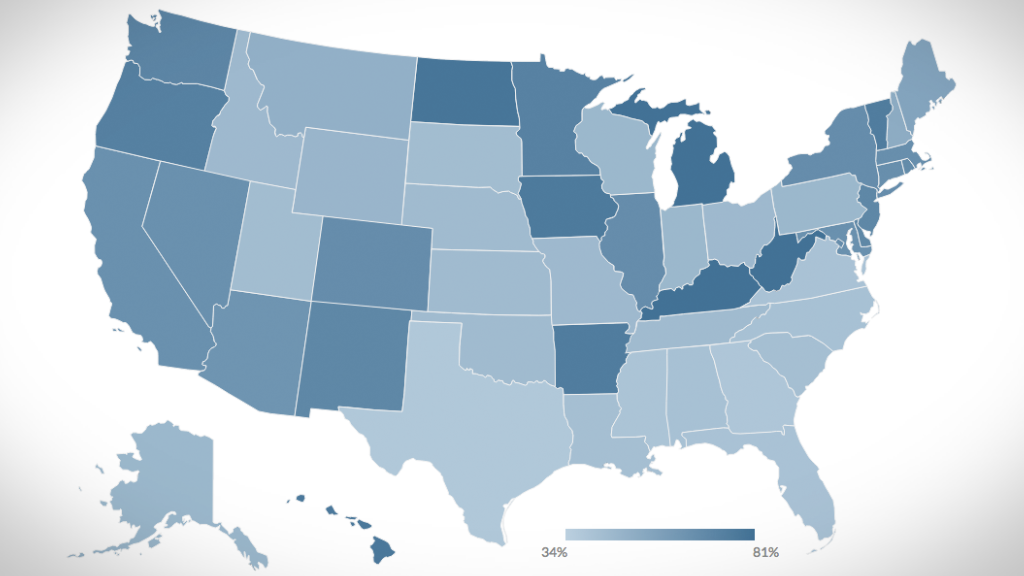
Premiums and deductibles may not be the only surprises awaiting Americans shopping for health insurance on the Obamacare exchanges.
Some folks looking for coverage may find themselves restricted to more limited doctor and hospital networks than their peers outside the state-based exchanges enjoy.
Many insurers have opted to limit their selection of doctors in some exchange plans to keep premiums and other costs down. And they are also excluding large academic medical centers, which are often pricier because they tackle sicker patients and more complex cases.
"The sticker price will be lower if the number of options are lower," said Joe Mondy, a spokesman with Cigna (CI), which is participating in five state exchanges. "The issue is how many options can you do without?"
Enrollees in the exchanges are expected to be particularly cost conscious because many of them will be lower income, said Ceci Connolly, managing director of PricewaterhouseCoopers Health Research Institute. Some 86% will be eligible for federal subsidies, according to the institute. Many of these new participants are currently uninsured, making it likely that they don't have strong relationships with doctors.
For example, WellPoint (WLP), a Blue Cross Blue Shield insurer that offers policies in 14 states, is narrowing its networks in many markets after research showed consumers care more about the price than the provider.
In areas with a heavy concentration of doctors, WellPoint might offer Obamacare plans with only half the number of doctors available in its off-exchange plans, said Colin Drozdowski, vice president of provider engagement and contracting. But where there's less choice, the network might be only 10% to 20% smaller.
Insurers are also restricting participants access to doctors through HMO plans that don't offer out-of-network benefits. So patients have to stick to a certain set of physicians and hospitals or foot the full bill themselves.
Share your story: Are you planning to sign up for Obamacare?
Some people looking for coverage on the exchange, however, do care about provider networks. They'll have to shop carefully to find plans in which their doctors are participating and may even have to pay more to keep their current providers.
For Don Lane, 59, doctor networks are key. Lane is looking to retire next year so he and his wife, Amanda, are expecting to sign up for an exchange policy. But they want to make sure their primary care doctor, whom they've seen for years and has all their records, is in the plan they pick.

So far, Lane found that his physician is in a platinum plan offered by Humana (HUM). But he hasn't been able to access the networks offered by the other insurers in his area because of ongoing technical glitches, so he doesn't yet know if he has other options.
"I will have to make a choice -- should I pay a little more to get my doctor?" said Lane, who lives in Wyoming, Ohio.
In California, many of those shopping on the exchange are conscious of the doctors in the plans, said Jeff Rideout, senior medical adviser at Covered California. One reason is because 700,000 residents who are eligible for subsidies currently have insurance.
"They are saying "I really hope my doctor is in the plan I want,'" he said.
Californians, however, won't be able to find out until sometime this week because the exchange has temporarily taken down its doctor search function to make sure the listings are complete and correct, Rideout said.


